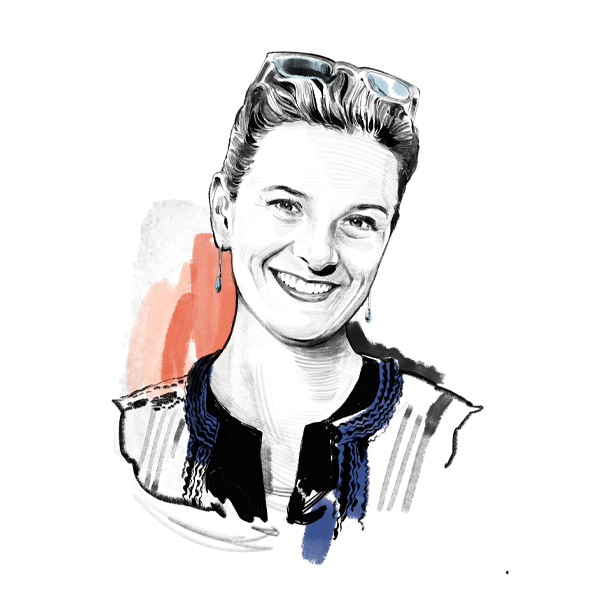Kristin Ozelli oversees day-to-day operations, manages the editorial team and steers the production of articles, newsletters and multimedia content. She joined the Simons Foundation in 2017 as features editor of Spectrum. Previously, she was editorial director, online, and a senior editor at Scientific American, and a senior editor at Scientific American MIND. She has also written a book about Jupiter’s moons and volunteered at the Natural History Museum in London, assisting the curator of fossil cephalopods.

Kristin Ozelli
Executive editor
The Transmitter
From this contributor

Spotted around the web: INSAR; cerebellar gene expression; pangenome

Beyond the bench: Mastering meaningful movement with Karen Chenausky

Spotted around the web: Interpersonal synchrony, single-nucleotide polymorphisms, CRISPR at 10
Education
- M.A. in journalism, New York University
- B.S. in English, Massachusetts Institute of Technology
- B.S. in mathematics, Massachusetts Institute of Technology
Explore more from The Transmitter
New autism committee positions itself as science-backed alternative to government group
The Independent Autism Coordinating Committee plans to meet at the same time as the U.S. federal Interagency Autism Coordinating Committee later this month—and offer its own research agenda.

New autism committee positions itself as science-backed alternative to government group
The Independent Autism Coordinating Committee plans to meet at the same time as the U.S. federal Interagency Autism Coordinating Committee later this month—and offer its own research agenda.
Two neurobiologists win 2026 Brain Prize for discovering mechanics of touch
Research by Patrik Ernfors and David Ginty has delineated the diverse cell types of the somatosensory system and revealed how they detect and discriminate among different types of tactile information.

Two neurobiologists win 2026 Brain Prize for discovering mechanics of touch
Research by Patrik Ernfors and David Ginty has delineated the diverse cell types of the somatosensory system and revealed how they detect and discriminate among different types of tactile information.
Shifting neural code powers speech comprehension
Dynamic coding helps explain how the brain processes multiple features of speech—from the smallest units of sounds to full sentences—simultaneously.

Shifting neural code powers speech comprehension
Dynamic coding helps explain how the brain processes multiple features of speech—from the smallest units of sounds to full sentences—simultaneously.